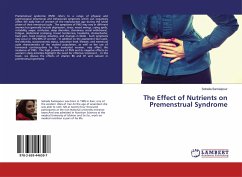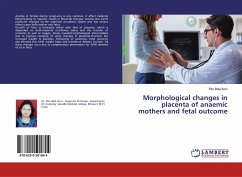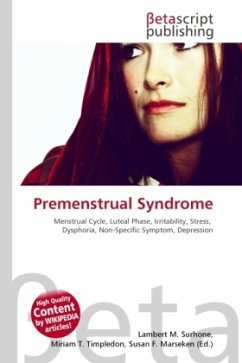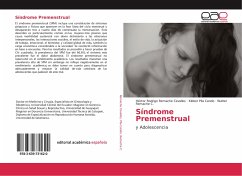Premenstrual syndrome (PMS) refers to a range of physical and psychological (emotional and behavioral) symptoms which can negatively affect the daily lives of women of the reproductive age during the luteal phase of their menstrual cycle . The symptoms of PMS may vary in different women but generally include depression, stress, mood swings, crying spells, irritability, anger, confusion, sleep disorders, clumsiness, social withdrawal, fatigue, abdominal cramping, breast tenderness, headache, stomachache, back pain, food cravings, bloating, and changes in libido . Such symptoms may occur in 10%-98% of women . In addition to the assessment tool used, the ethnicity, socioeconomic status, education level, lifestyle, and menstrual cycle characteristics of the studied population, as well as the use of hormonal contraceptives by the evaluated women, may affect the incidence of PMS . The high prevalence of PMS and its negative effects on women's daily activities highlight the need for effective treatment. . In this book, we discuss the effects of vitamin B6 and B1 and calcium in premenstrual syndrome.
Bitte wählen Sie Ihr Anliegen aus.
Rechnungen
Retourenschein anfordern
Bestellstatus
Storno








